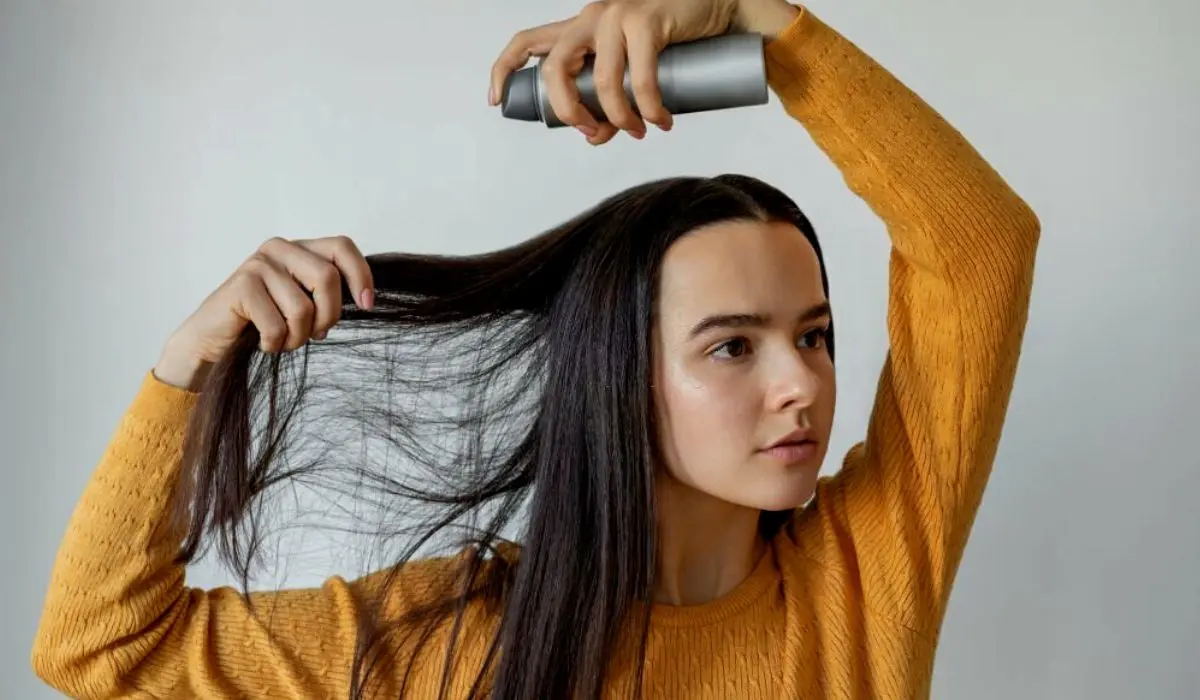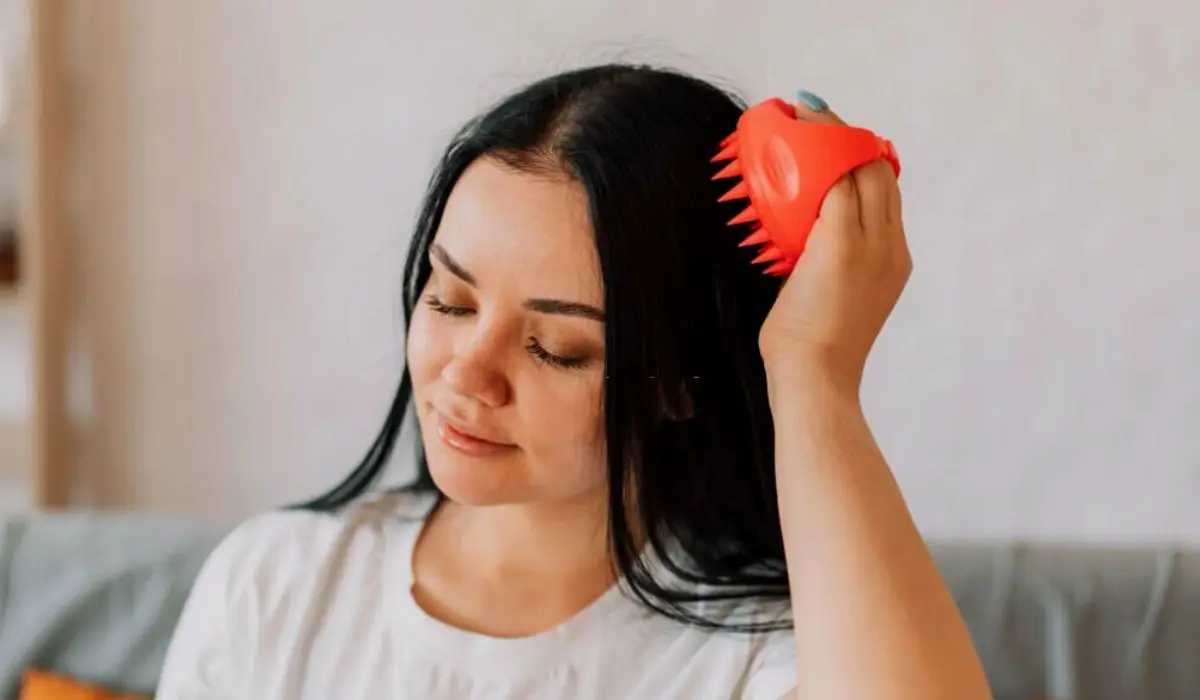An itchy scalp is one of the most common problems faced by approximately every person. It can be caused by many factors like dryness, dandruff, psoriasis, lice, and medical problems. etc., washing hair is one of the major things to do to stop itchiness in the scalp because, commonly, this will wash off all the dust and dandruff for a period of time, and this can help in removing this.
Different Ways To Stop Itchy Scalp Without Washing Hair
But if you are in a hurry and do not have time to wash your hair or if, for some reason, you do not want to wash your hair, then, in this article, you will get to know about 9 different ways to stop itchy scalp without washing your hair.
1] Apply Organic Coconut Oil
Organic coconut oil is extracted from coconut, and it has great anti-bacterial and anti-fungal properties, which can help relax your scalp and remove itchiness. Coconut oil is also a little useful in treating lice. In this way also, it is helpful in treating itchiness.
2] Use Dry Shampoo
Dry shampoos are used to help remove excess oil and dirt from the scalp, and this will help in stopping itchiness in the hair scalp. The only thing you have to do is spray the dry shampoo onto your scalp and massage it gently using your fingers. And after this, brush your hair normally with the hair brush.

3] Apply Vinegar
Vinegar also has anti-bacterial and anti-fungal properties; this is used to help break down any dust particles or anything else that builds up in your hair and scalp. To use this, you have to take an equal amount of vinegar and water, mix this in a spray on your scalp, and massage it gently with your fingers; after this, brush your hair normally with the hair brush.
4] Use Peppermint Oil
Peppermint oil has a cooling effect, which helps to cool down the scalp and also helps in removing inflammations and itchiness in the scalp. To use this, you have to take an equal amount of peppermint and one other oil like coconut or olive oil and mix this. Use your fingers and massage the blended liquid mixture gently on your scalp.
5] Use Scalp Brush
Scalp brushes are used to break dirt or any other thing buildup on your scalp and remove it. To use this, you have to spray a little water on your hair with hair dandruff shampoo, and with the use of a scalp brush, you have to massage it in a circular motion. After this, use a hair comb and comb your hair to remove all dirt particles.

6] Try To Remove Lice If Any
If you have lice in your hair, then you must remove them completely; this is one of the major reasons for itchy scalp. You can try a lice comb or any type of lice-killing medicine to remove this. To use this, you have to mix any lice-killing medicine with water in a spray bottle and spray it on the hair and scalp. After that, comb hair with a lice comb to remove all lice.
7] Apply Salicylic Acid
Salicylic acid has anti-inflammatory, anti-bacterial, and antipruritic properties, which help reduce inflammation and are also used to reduce itchy scalp. Scalp salicylic acid is available in the market; you have to buy any and, with the help of a dropper, use this solution on the scalp and in the root of the hair.
8] Avoid Hairstyles
Hairstyles with lots of pins and clips or tight braids or ponytails can pull your scalp and make scalps more irritated and itchy. It would be better if you open your hair completely or tie it loosely if your scalp is itching to cool- down hair scalp.
9] Manage Stress
Stress can also be a reason for itchy hair, and it would be better if you find some ways to manage stress if you are suffering from an itchy scalp. You can do any stress relief activities like yoga, meditation, etc.
If you are suffering from excessive itchy scalp and followed all the things mentioned above, or you have had this for a long time, then you must visit your doctor or dermatologist as soon as possible.
Conclusion
An itchy scalp can be relieved without washing by using targeted treatments like tea tree oil, aloe vera, apple cider vinegar rinses, coconut oil, and scalp brushes. Identifying and avoiding triggers like heat, sweat, and hair products can also help reduce itchiness. While washing less may provide temporary relief, long-term scalp health requires a proper hair care routine. Seeking professional advice for persistent itch is recommended to rule out underlying conditions.